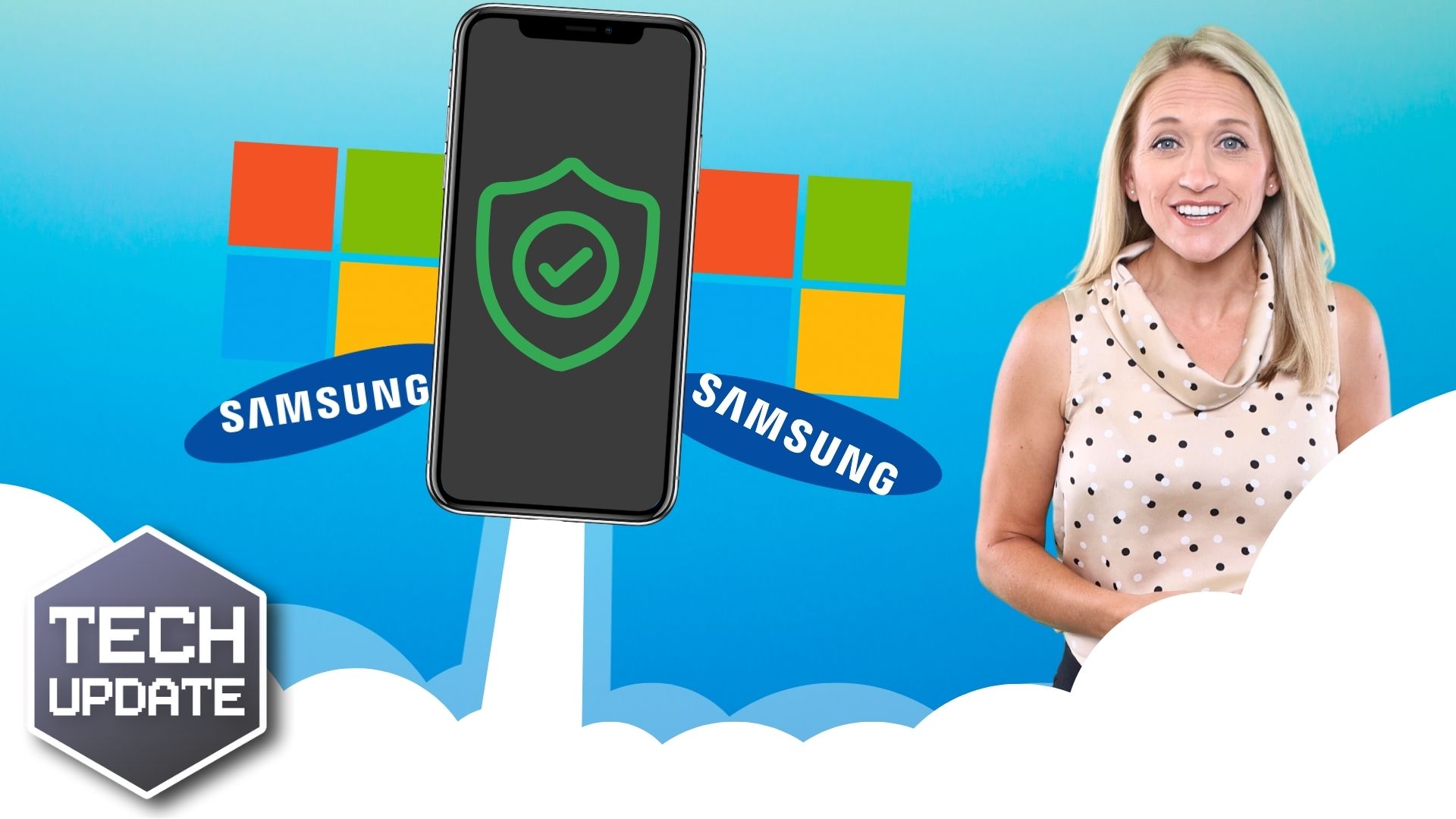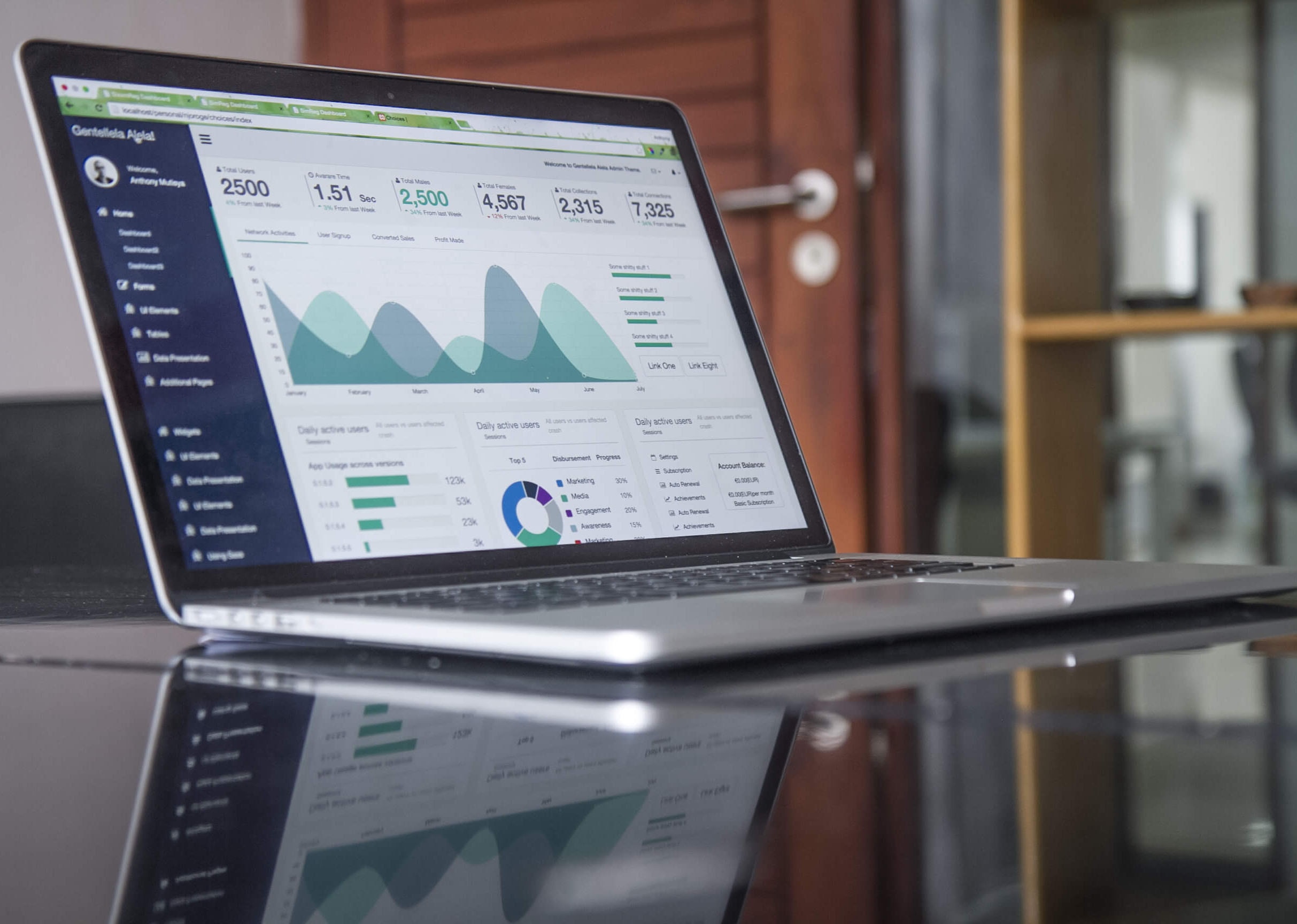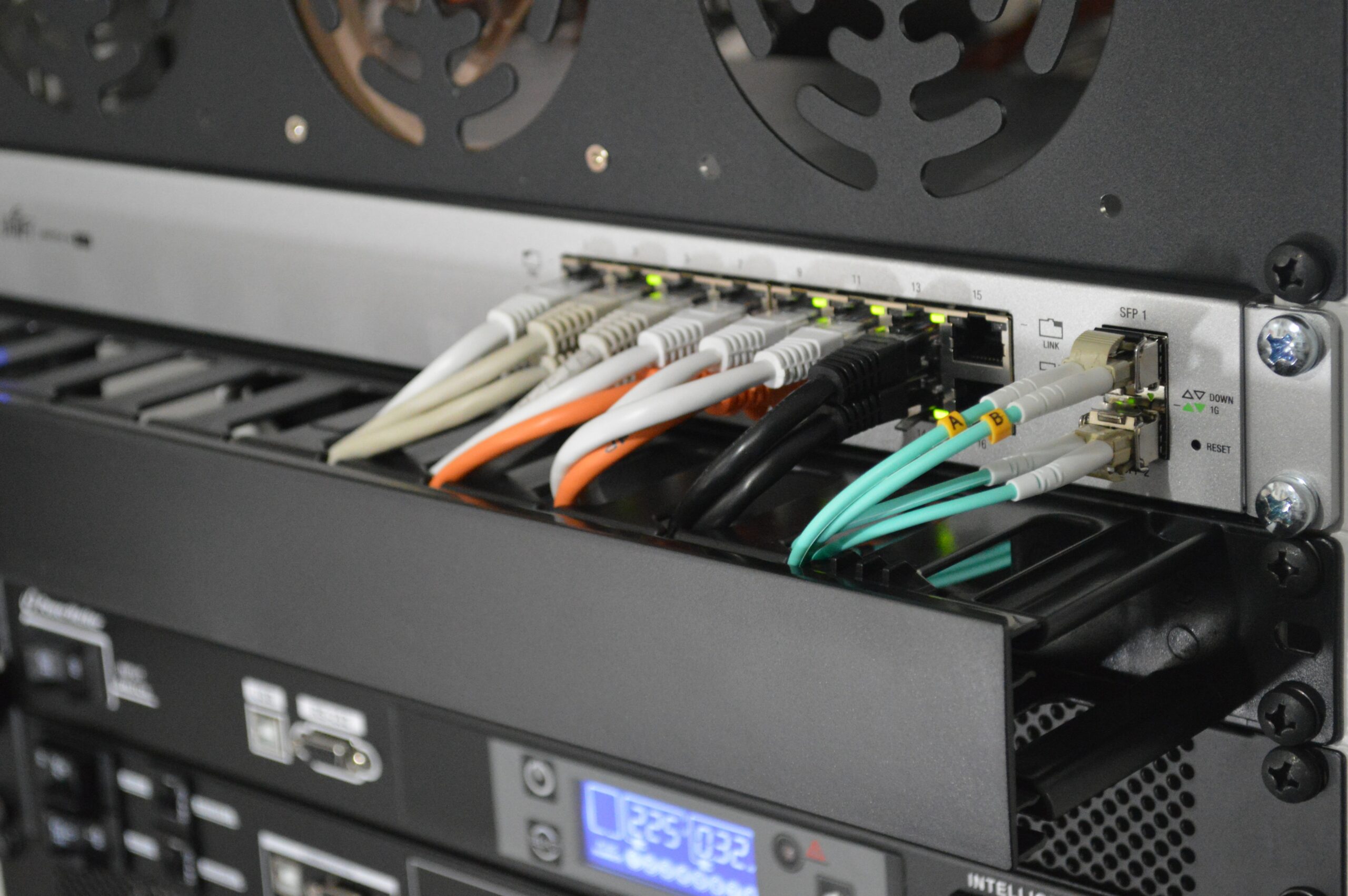In an era where businesses lean heavily on technology to optimize operations, accountants too are transforming their practices. Integrating IT into accounting can save time, increase accuracy, and foster client trust. Here's a comprehensive guide on IT services tailor-made for accountants.
IT Services for Accountants











